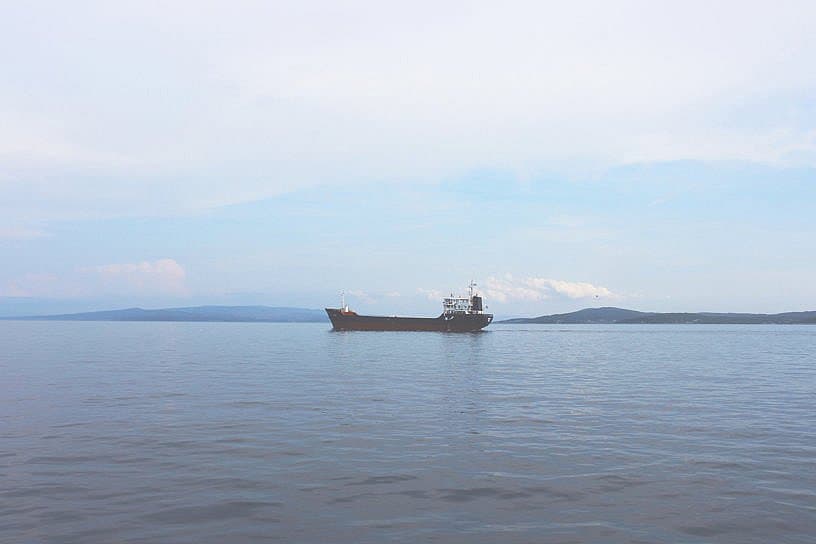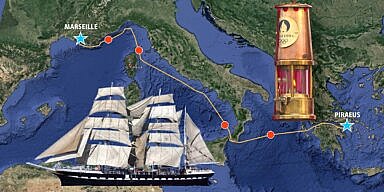Nations have extended their sovereign territorial control over their adjacent seas, usually by means of military (naval) strength. Long ago, this territory was 3 miles, as far as a cannon shot could reach from the shore. Eventually, it was established, by international agreement, to 12 nautical miles. This meant that the laws of a nation applied to anything that occurred within the 12-mile limit, and for example, that foreign warships entering it without permission was an act of war. This is fairly well established, however not every nation adheres to it; see China’s latest announcements, below.
As the world grew more industrial, exploitation of the sea became even more important. Originally the occupation of industrial fishing and on “who’s territory” they could work became a nagging issue of international confrontations, frictions, and even local wars. To peaceably resolve this, many nations thrashed this out via the Organization of United Nations, and in 1982 came up with a way to “divide up” the Sea beyond the 12-mile limit. It is officially known as the “Convention on the Law of the Sea.”
Thus was born the concept of The Law of the Sea (which is a misnomer, because it is not a law, it is merely a convenient label.) The UN convention essentially declared that each nation had the right to use, well… exclusively, the “Exclusive Economic Zone” of the Sea adjacent to it, to the distance of 200 nautical miles from its shores; and that where two nations were closer than that, the distance would be split in the middle, to share-alike. In this resolution, islands were treated as ordinary national land, and each also had a 200-mile radius of “Exclusive Economic Zone” surrounding it – subject, again, to sharing half that distance with adjacent foreign nations. The Greek islands in the Aegean, adjacent to the Turkish mainland, are the bone of contention of a current dispute between Greece and Turkey.
When laid out on a world map, it can be seen that a goodly portion of the Globe is set aside for individual “Exclusive Economic Zones” by one nation or another, and further that the Mediterranean, in which nations are typically closer than 2 x the 200-mile limit, is fully apportioned in national zones.
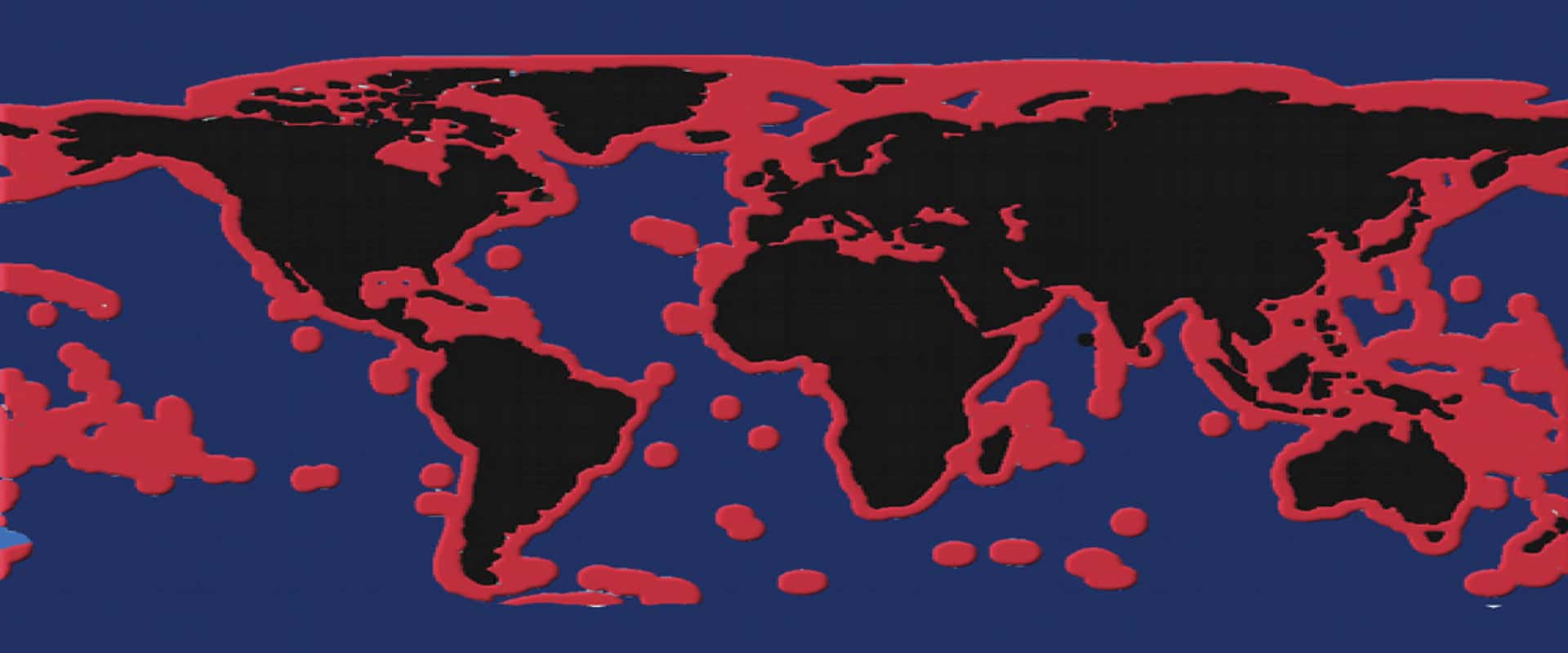
World Map showing the Exclusive Economic Zones based on the UN Convention
Looking at the Eastern Mediterranean, we can see the various partitions that have been made, on the basis of the UN resolution, which gives the Exclusive Economic Zone to each nation with Mediterranean shores. It can immediately be seen that, at least under the Greek interpretation of the resolution, all of the Aegean, from the Greek mainland to its islands, which easily overlap by far the 200-mile limit, is reserved for exclusive exploitation by Greece, leaving only a tiny area for Turkey, amounting to half the distance from its shore to the Greek offshore islands. No wonder that Turkey never signed, let alone ratified, this non-binding UN resolution. Had a Turk politician signed it, he would have – rightfully – been shot by his own people!
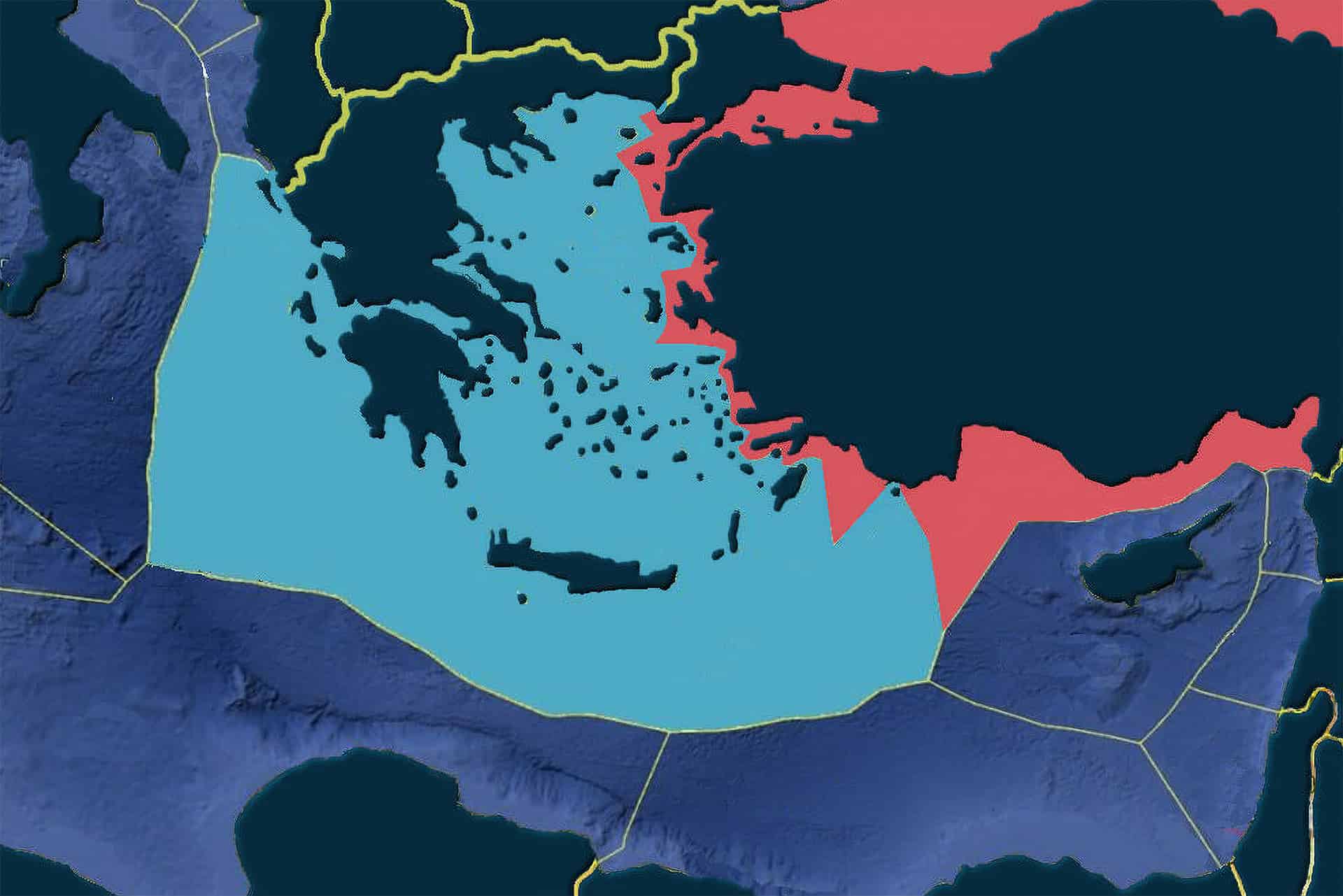
Exclusive Economic Zones – Greek interpretation of the Aegean & East Mediterranean
In the post-Cold War era, the World is focusing toward a future with rapidly dwindling energy supplies, and those tasked with looking ahead 30 or so years have realized that oil and gas will become scarce and even small deposits must be searched for and obtained and exploited. Hence, the energetic search for energy resources, offshore. Thus, the original cause for the “Exclusive Economic Zones” – fishing rights – has taken a further meaning – it is now the focus for offshore oil, gas, and other energy development. There is naturally a scramble for rights of exploitation, and Turkey, looking at the Greek version of the apportionment, has rejected it and produced its own. It includes the sharing of the Aegean – in half – and the entire section between mainland Turkey and the occupied North portion of Cyprus. In more recent, aggressive, unilateral actions, it has made an agreement with Libya – which has its own share – to a zone between Mainland Turkey and Libya, ignoring the UN convention-based claims of Rhodes, Crete, and of course the little island Kastellorizo, for which this most recent dispute has been named. (Libya is thus also creating a dispute with Greece, for the Sea south of Crete.)
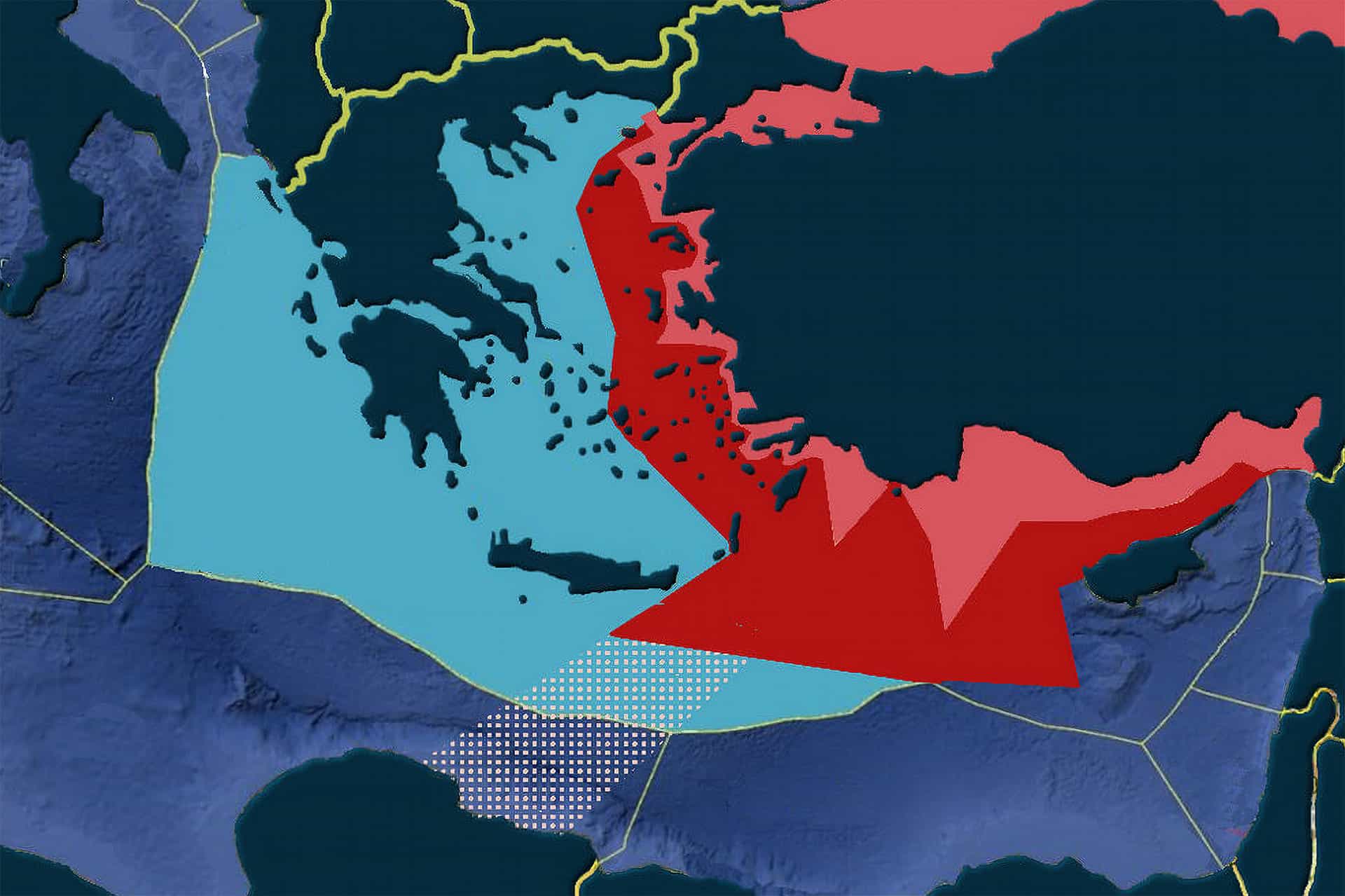
Exclusive Economic Zones – Turkish interpretation of the Aegean & East Mediterranean, including the recent agreement with Libya
There are many such disputes, throughout the Globe, arising from the simplistic UN resolution. Some are dealt with by military intimidation, some by more peaceful means such as threats of embargoes, etc. Recently, China, which for its size is remarkably lacking in oil and coal resources, and is increasing its energy consumption twofold in the last 20 or so years, declared that her 200-mile limit is actually her sovereign national limit, and any military incursion is an act of war! (Something that the US and its friends have certainly not accepted.) All this is international high-stakes bullying and intimidation, and bluff, however as the energy supplies dwindle, and if history is any guide, it is likely to lead to military confrontations, which is, unfortunately, the usual way in which nations resolve their disputes.
The Western Mediterranean had been exploited, as an Exclusive Economic Zone, in the 15th through 18th Centuries, by the “Barbary Pirates” of North Africa. It was their custom to demand – what today we would call – a toll, through their Zone, to be paid either by individual ships or by nations, or there was a nasty ticket issued which included seizing the ship(s) and selling its human cargo as slaves if they could not be ransomed. Britain, at that time, found it economically expedient to pay the toll (tribute) and thus protected its merchant shipping, but when the Americans revolted and created their own nation, they were no longer under the British toll umbrella and had to send their navy to put down the “Pirates,” who arguably were merely exploiting their Exclusive Economic Zone.
